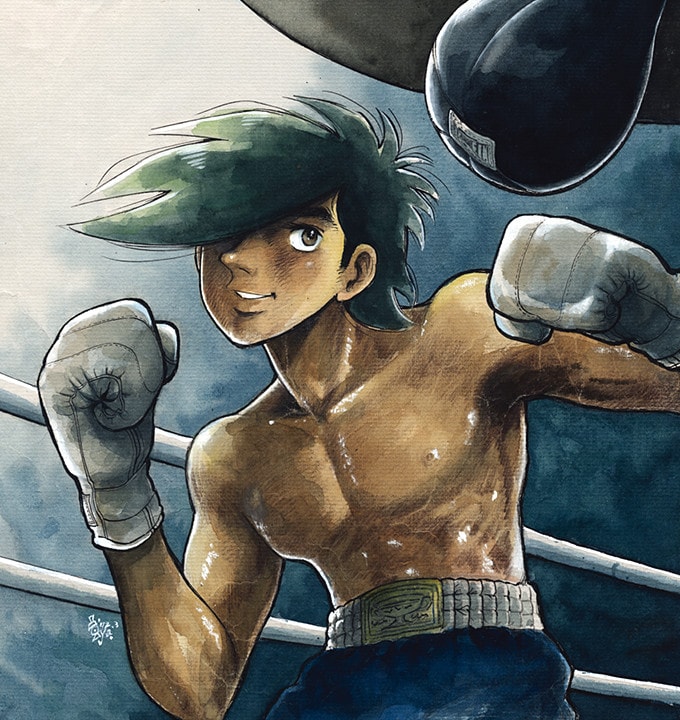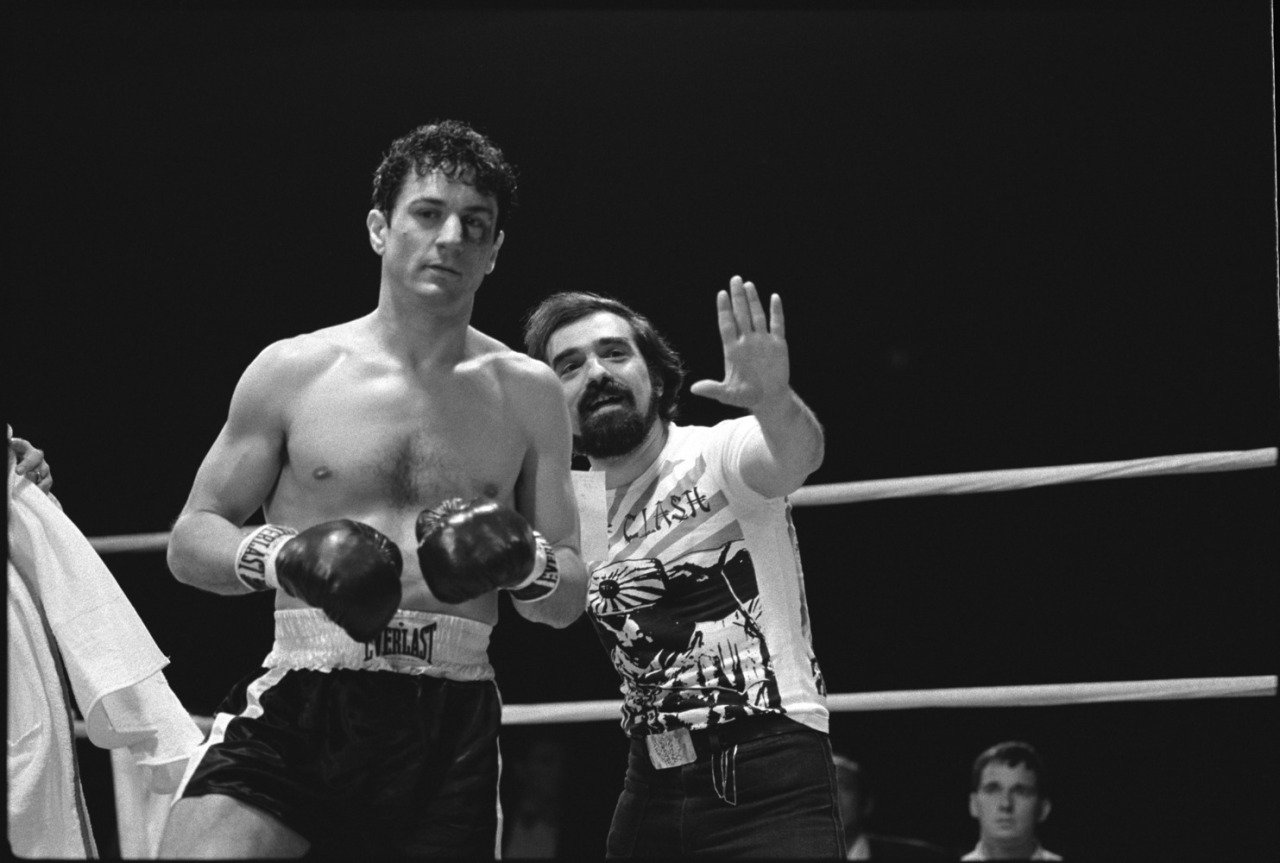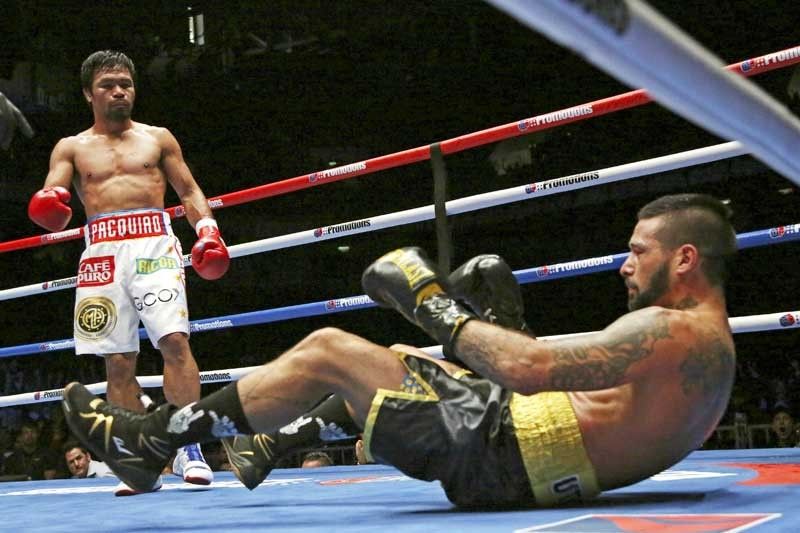ROCKY JOE, IL DIAVOLO DEI BASSIFONDI
La potenza narrativa che sta alla base di Rocky Joe lo rende uno dei manga con il carico emotivo più riflessivo e profondo in grado di plasmare i valori di una generazione intera. Considerato nella terra del Sol Levante un vero e proprio patrimonio nazionale alla stregua di altri personaggi partoriti dall’istrionica fantasia dell’animazione nipponica, è entrato ben presto nell’immaginario collettivo della quotidianità giapponese eleggendo Joe Yabuki come un personaggio con il quale immedesimarsi.
Rocky Joe (nome originale Ashita No Joe, let. Il Joe del domani) ha riscosso fin dalla sua comparsa un grande successo, generando una serie animata composta da due stagioni, due lungometraggi , due film con attori in carne ed ossa (uno del 1970 e uno del 2011).
Scritto da Asao Takamoki e disegnato da Tetsuya Kiba, Rocky Joe narra le vicende del giovane Joe Yabuki, fuggito dall’orfanotrofio di Tokyo che si mette a girovagare sfaccendato nei bassifondi della città mettendosi sempre nei guai. La sua vita cambia quando incontra Danpei, ex pugile che vive per strada, il quale persuade il giovane Joe a confrontarsi con la Nobile Arte.
Ne traspare una storia fatta di sacrificio, onore, dolore e riscatto che pervade le serie animate e i due lungometraggi riassuntivi. Proprio nel secondo di questi, Rocky Joe, l’ultimo round Joe è alle prese con l’ultima sfida che arriva al culmine di una carriera assai difficile ma gloriosa, nella quale Yabuki è costretto ad affrontare la realtà dei fatti nella ardua scelta di essere in grado di accettare la sconfitta o scegliere di combattere fino alla fine.
Rocky Joe è quindi una serie dal forte impatto culturale, in grado di influenzare i successivi manga sportivi a venire (Hajime No Ippo tra tutti, considerato da molti il perfetto erede di Rocky Joe per la profondità narrativa mostrata). Essa fa sicuramente parte di quei cartoni in grado di trasmettere quei sani valori che hanno formato le generazioni che hanno avuto modo di crescere con le sue avventure e di cui oggi si sente ancora un bisogno imperante.
Ringraziamenti a Retequattro per la sigla italiana di Rocky Joe
ENGLISH VERSION
ROCKY JOE, THE DEVIL OF SLUMS
The narrative power that underlies Rocky Joe makes it one of manga with the most reflective and deep emotional load able to shape the values of an entire generation. Considered in the land of the rising sun a real national heritage like other fantasy characters birthed dall’istrionica Japanese animation, he is soon entered the collective imagination of the Japanese daily electing Joe Yabuki as a character with whom identify themselves.
Rocky Joe (original name Ashita No Joe, let. The Joe tomorrow) has received since it launched a highly successful, generating an animated series consists of two seasons, two feature films, two films with actors in the flesh (one of 1970 and one in 2011).
Written by Takamoki Asao and drawn by Tetsuya Kiba, Rocky Joe tells the story of young Joe Yabuki, he escaped from the orphanage in Tokyo that starts to wander idle in the slums of the city putting always in trouble. His life changes when he meets Danpei, former boxer who lives on the streets, who persuades the young Joe to confront the Noble Art.
It shines a history of sacrifice, honor, pain and redemption that permeates the animated series and two summary feature films. Just in the second of these, Rocky Joe, the last round Joe is struggling with the ultimate challenge comes on top of a very difficult but glorious career in which Yabuki is forced to face the reality in the difficult choice of being able to accept defeat or choose to fight to the end.
Rocky Joe is therefore a series from the strong cultural impact and is able to influence the subsequent manga sports to come ( Hajime No Ippo among all, considered by many the perfect heir of Rocky Joe for fiction depth shown). It is definitely part of those cartoons can transmit those healthy values that have shaped the generations who have got to grow up with his adventures and which today still feels a need prevailing.




